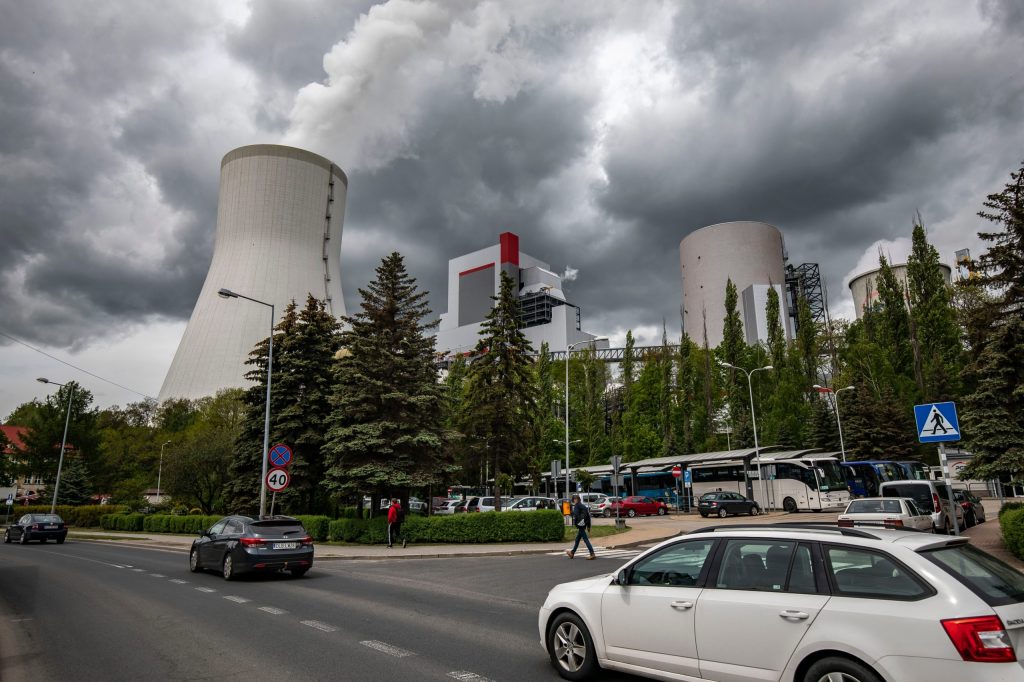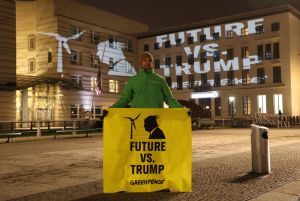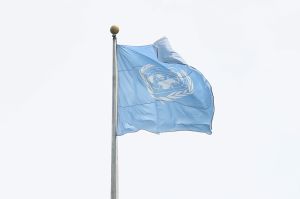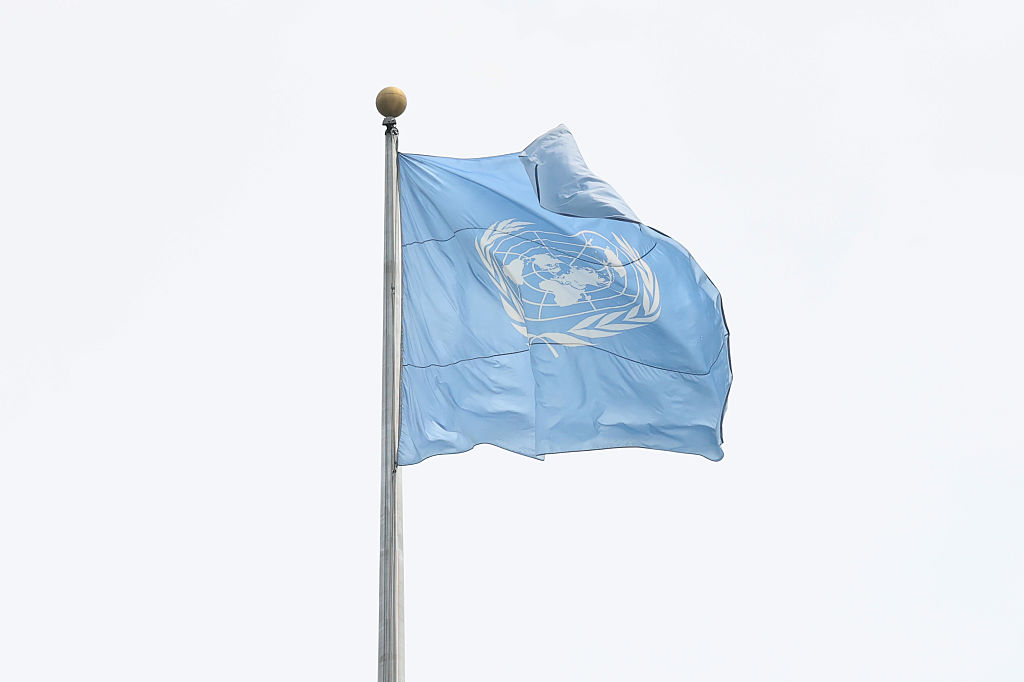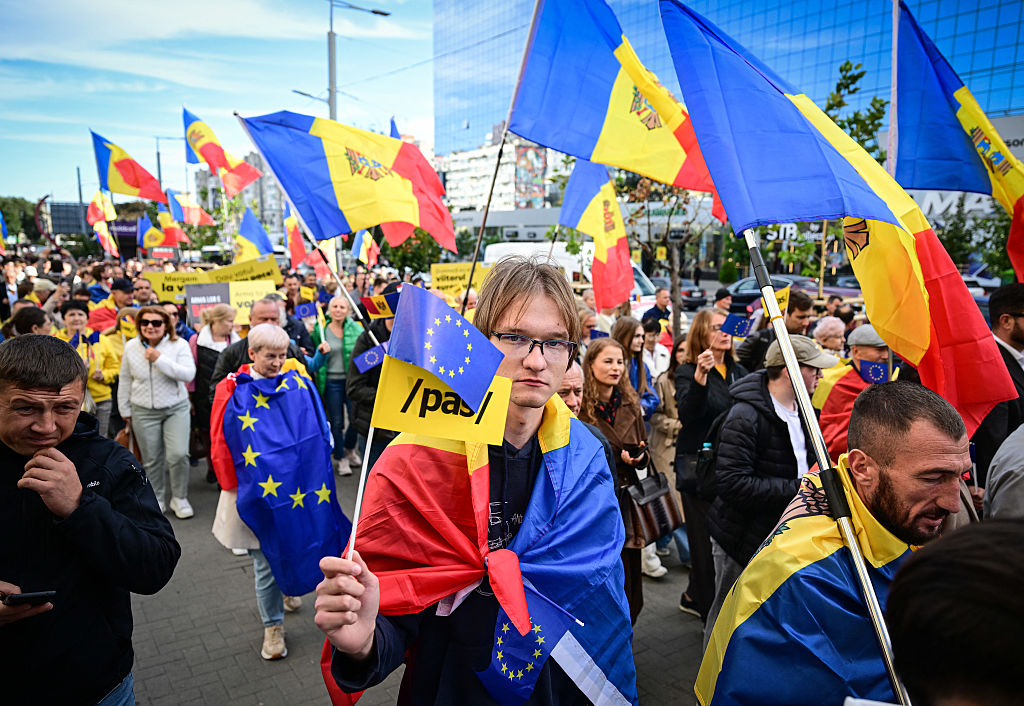Cracks are appearing in the EU’s climate strategy. An international dispute over the court-ordered closure of a coal mine on the Poland-Czech Republic border has thrown divisions over how to phase out fossil fuels into sharp relief, leading to the first ever environment-related lawsuit between two EU member states.
The Czech Republic has taken Poland to the European Court of Justice to oppose the extension of a license for the Turów coal mine on Poland’s southwestern border with the Czech Republic and Germany. The Czech government said that continued operations at the mine constitute a risk to the health of Czechs living nearby due to air pollution and reduced groundwater supplies.
The ECJ upheld the Czech complaint and ordered Poland to immediately cease operations at the mine. But Polish prime minister Mateusz Morawiecki has refused to listen to the court, arguing that closing Turów would cost thousands of jobs and severely disrupt the country’s energy supply.
It is easy to see why the Polish authorities are reluctant to comply with the court order to close one of its biggest energy suppliers. Coal accounts for 65 percent of Poland’s energy supply, and the country is by far and away the EU nation most dependent on coal for power. Mining at Turów is responsible for around 5 percent of Poland’s power and the mine employs around 5,000 people. As Morawiecki said, ‘stoppage would mean an ecological disaster as well as an energy disaster and, consequently, huge social problems’.
Poland’s particular reliance on coal is becoming a major concern for the EU in its attempts to reach its emissions targets. The bloc has agreed to cut emissions by 55 percent by 2030 and achieve net-zero by 2050, but Polish politicians are lashing out at what they see as a blatant disregard for Poland’s energy security and economic prosperity.
At a European Council meeting at the end of May, Morawiecki opposed the EU’s current emissions strategy, which he said will ‘make the rich richer, and the poor poorer’. He argued that the EU’s carbon pricing policy to drive down emissions unfairly disadvantages poorer eastern and southern member states and pointed out the unfairness of a system which ignores the GDP of diffident member states.
Under the EU’s system, the burden of emissions reductions falls primarily on poorer economies. Polish politicians are arguing that richer countries should therefore be responsible for a larger share of the costs. Responding to the ECJ’s verdict on the Turów coal mine, Morawiecki pointed out Brussels’ hypocrisy in not ordering the closure of German coal mines and power plants on the Polish border, while Poland’s justice minister said the verdict ‘smacks of a colonial spirit’ in its treatment of a less prosperous member state.
Poland’s dependency on coal makes it particularly vulnerable to economic damage from the EU’s climate reduction goals, but its position isn’t helped by its apparent reluctance to even start the process of green energy transformation. In May, a huge new expansion of a Polish coal-powered electricity station was opened, just as the International Energy Agency called for new coal power plants to be halted, making the divide between global emissions reduction targets and the Polish energy sector painfully clear.
The Polish desire to kick the can down the road when it comes to phasing out coal power was again on display in recent negotiations on the future of Turów between Morawiecki and Czech prime minister Andrej Babiš. Morawiecki said that Poland would finance projects to help prevent the loss of groundwater near the mine and proposed erecting screens to stop dust particles polluting the air across the border, arguing that in doing so, the ‘mine can continue to work’.
It is clear, though, that this Band-Aid solution will not fix the country’s awkward position within the EU. As countries like Germany attempt a huge economic restructuring to slash emissions, the Polish idea that climate targets should be met by poorer economies piggy-backing on the efforts of richer ones seems unlikely to win widespread support.
The Turów case has opened a rift in the EU’s environmental approach which will prove difficult to heal. By exposing the economic catastrophe which the EU’s climate goals could inflict on countries like Poland, the affair has caused a significant backlash to the bloc’s current emissions strategy. For as long as coal mines remain a significant part of Poland’s energy supply, this will continue to poison its relations with the rest of the EU.
This article was originally published on The Spectator’s UK website.



